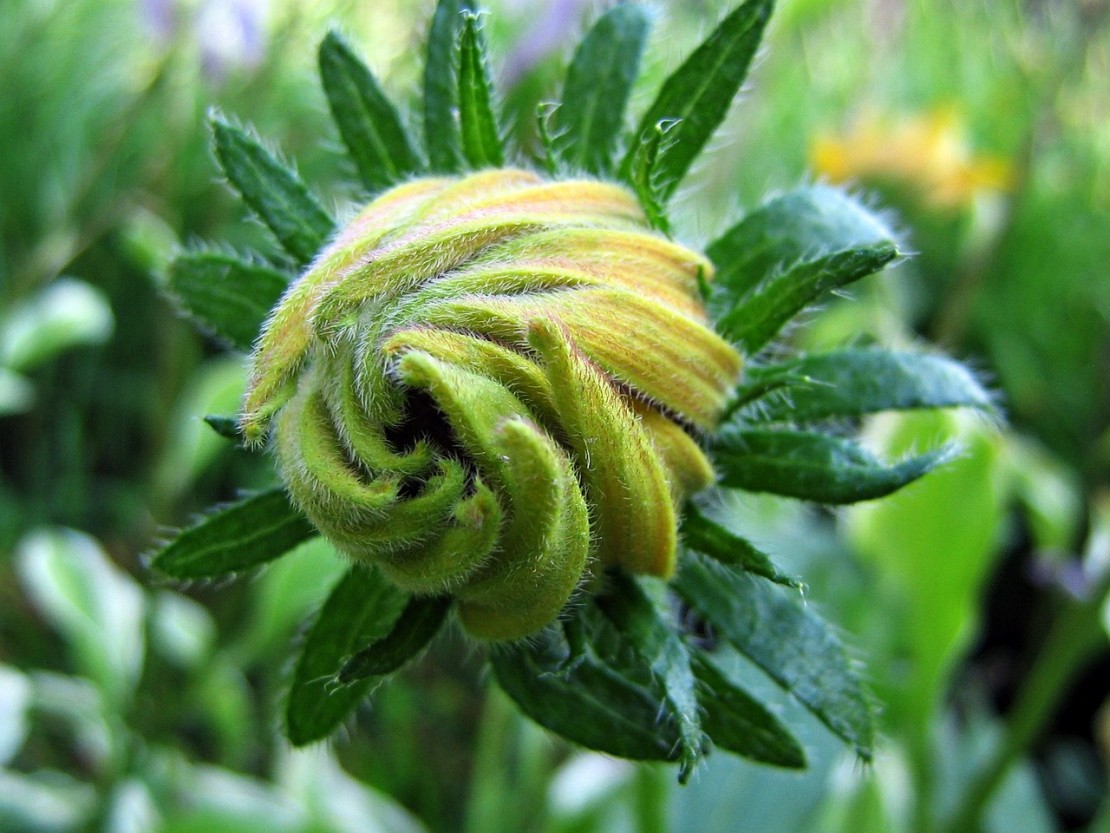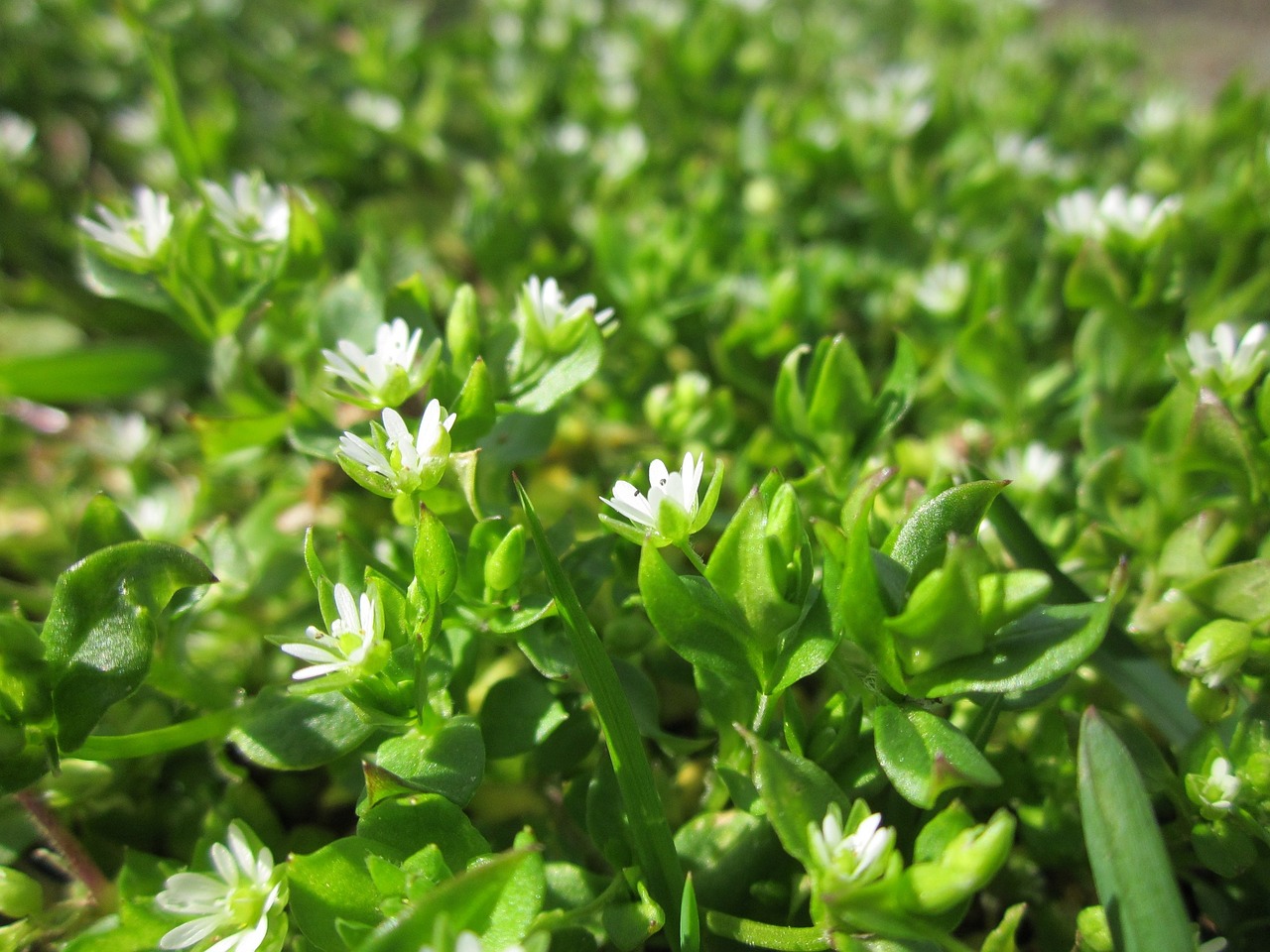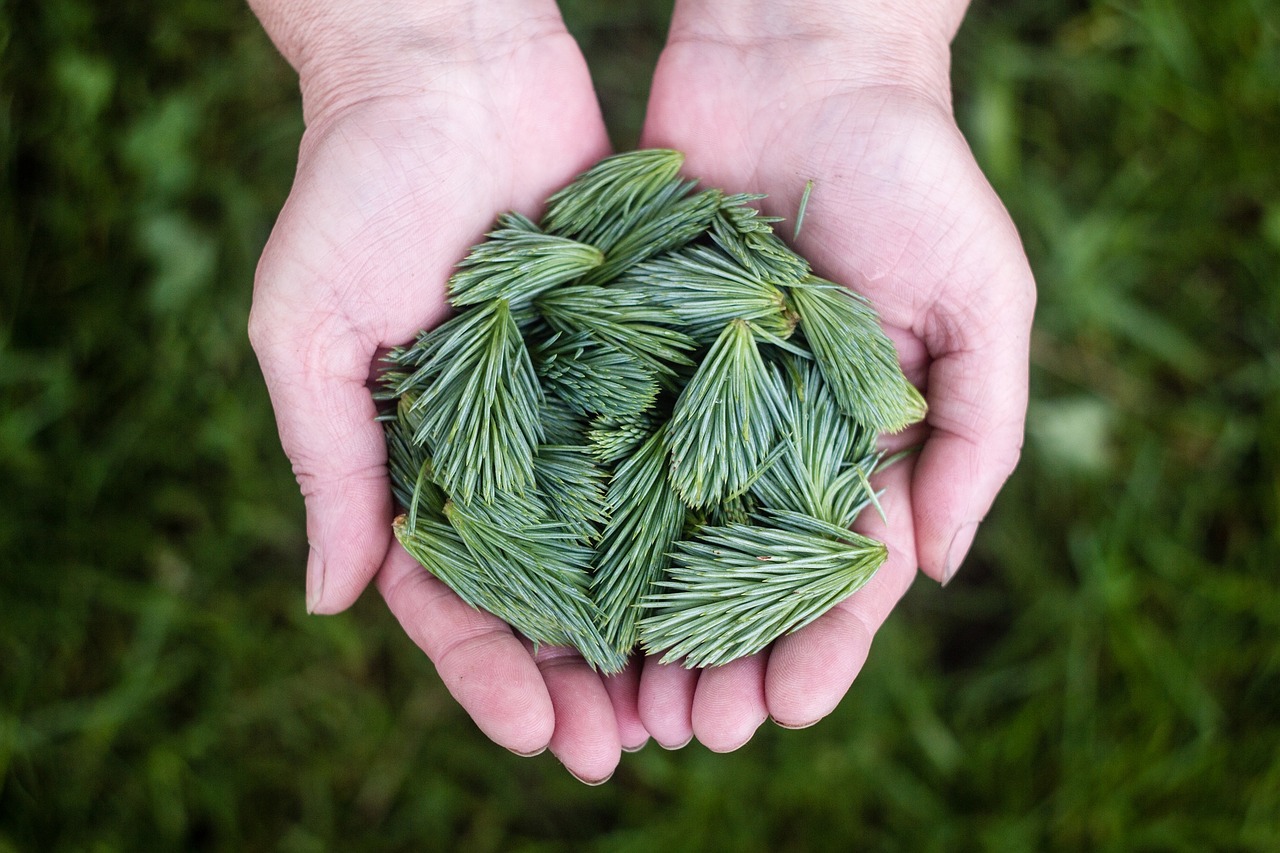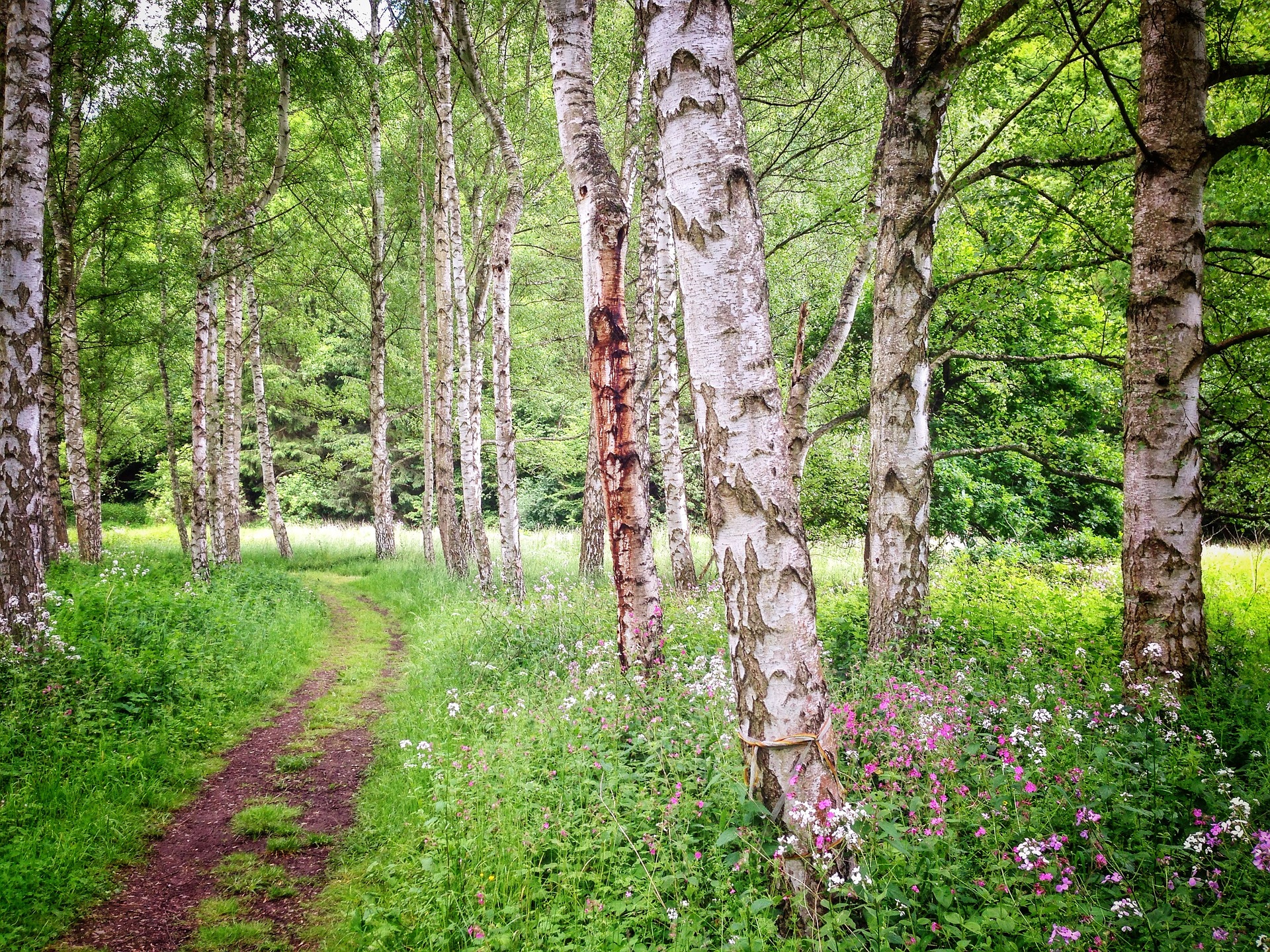 Becoming an Herbalist
Becoming an Herbalist
Bloom where you are planted!
Every seed starts small. Herbalism needs your unique voice and your unique story. Dig down deep and plant yourself so that you can be a flower that brings joy, a vine that holds fast to your truth, or a tree that shelters those that rest beneath.
– Agatha Noveille, Herbal Academy Associate Educator and author of The Indie Herbal
The herbalist’s path begins right where you are! Herbalism is the use of plants to support the body’s own healing. And really herbalism is practiced by almost everyone, everywhere, in some way consciously or unconsciously. Becoming an herbalist is nothing more than using what grows on the earth as food and to support wellness. What could be more natural?
This is most definitely true for generations of everyday people who have carefully tended to their families with home remedies. Just like our ancestors, we are practicing herbalism when we tend our gardens, feed our families whole foods, or comfort the ailing with teas and other home remedies. And we know that cultures from the beginning of time, all around the world, have relied heavily on herbs as foods, medicines, and spiritual allies.
There are so many ways to use plants. We can eat them whole as food dried or fresh, consume them in vinegars and oils, drink them in teas, infusions, decoctions, cordials and wine, take them in capsules, pills, tinctures, powders, extracts, and syrups. We can use herbs externally as poultices, ointments, salves, liniments, creams, soaps and lotions. We can make toothpaste, shampoo, conditioners, hydrosols, bath salts, and oils. We can make sachets out of lavender, pine, rosemary, cedar, or other aromatics to use for sleep, to repel insects, or for the application of aromatherapy.

Herbalism Is Traditional Wellness
Herbalism was here long before our current allopathic medical system which is only about 200 years old. There is archaeological evidence that herbs were used some 60,000 years ago (Solecki, 1975). The first written records of herb use appeared around 5000 years ago.
Herbs have been used by humans as food and as medicine for hundreds of thousands of years, far back into the recesses of time. We have evolved thanks to the generosity of our green neighbors, our lives dependent on them for oxygen, food, medicine, clothing, and spiritual insight… Plants were our first and greatest medicine.
– Rosemary Gladstar, Rosemary Gladstar’s Family Herbal, p. 2
To say that we are all herbalists is to bring the tradition of herbalism back home, back to our kitchens and gardens and back into our own hands. Herbalism is as natural and as necessary as breathing or eating. Humans are part of the global ecosystem; we are made up of the same elements and chemical constituents that exist in the plant world. The compounds in plants work synergistically in the body to promote health and wellness. We are meant for each other. What’s not to love!
Now that we’ve established that we are all innate herbalists at heart, let us give credit where credit is due. Herbalists who choose to make herbalism their life’s work are some of the most dedicated, hard-working, charismatic, gifted, caring, and talented people on the planet. Herbalists come from all walks of life and all socio-economic levels; some are self-taught while others are formally educated. Some hold degrees and some do not. Some herbalists are growers and harvesters while others are makers of products, wildcrafters, stewards of the earth, or clinical herbalists. Each herbalist offers their own unique contribution to the craft of herbalism.

Walking The Herbal Road
One does not need a degree or certificate to practice as an herbalist-healer yet one does need to study and learn. Herbalists need to learn the general principles of organic chemistry, botany, phytochemistry, anatomy, human physiology including the gastrointestinal, cardiovascular, urinary, respiratory, musculoskeletal, nervous, and reproductive systems. A practicing herbalist must also understand pathology and pharmacology. They must be familiar with herbal materia medica, and the efficacy and safe use of herbs, including: seeds, berries, flowers, leaves, stems, roots, rhizomes, and/or bark.
Because health and healing are very dependent on the food that we eat, herbalists must also have knowledge about whole foods and nutrition. Most importantly, herbalists will have been trained or will have learned to approach individuals as individuals and not diseases. Herbalists will know that they are working with a person who is experiencing an imbalance that has manifested in symptoms expressed in body, mind, or spirit. Herbalist-healers will take a full history, noting past injuries and illnesses as well as a physical assessment; they will want to know about your diet and your elimination, they will observe the characteristics of your skin and perhaps tongue, they will notice the way you walk and talk, they will want to know what you do for a living, for pleasure, for exercise, they will want to know about your home, your family, and your stress levels. Herbalists will paint a portrait of the whole person and provide holistic suggestions using an herbal formula designed specifically for that person in order to help their body heal itself.
As you begin to appreciate herbalism and become familiar with some of the wonderful herbalists out there, you will come to know and recognize their special qualities and ways of practicing. Naturally, you will be drawn to beliefs and methods that feel right for you. There are so many wonderful books, teachers, and schools to help you in your pursuit. There are conferences, workshops, herbal programs, plant walks, and travel opportunities to take part in.

Herbalism Is A Journey
Herbalism is quite a magical journey and one that will never end or grow old. Herbalists live in harmony with the earth’s cycles and nurture a connection to all living things. They witness birth, life, death, and re-birth in the plant world time and time again. For every season there is a sense of wonder and astonishment.
Through direct relationship and exploration, we receive a first-hand experience of a medicine plant, and we are able to gather depths of information about a plant’s energy, its effects on the body, and how it touches our nervous system, mind, and soul — much of which is not easily found in books. Plants will touch us at depths only found within an intimate relationship, often bypassing walls we put up within our own human relationships. These green spirits help to melt our hearts, quiet our mind into deep listening, and guide us into listening to the voices of our own body and heart again.
– Sage L. Maurer (2016)
Plants, trees and flowers will keep you company and they will be your best teachers! Get your hands dirty and your tongue initiated with the taste of wild things! Become an herbalist or just recognize that the herbalist in you is already present. Take that knowledge and grow, don’t be intimidated or impatient as it will take a lifetime but you will never be alone and you will never be bored.

Studying Herbalism
If you are ready to take the next step on the herbalist’s path, we welcome you to join us in our ever-growing online herbal community. Our community is made up of beginner and seasoned herbalists alike, coming from all walks of life and from all parts the world!
Getting in touch with the very natural use of herbs may be the most rewarding adventure you will ever take.
– Marlene Adelmann, Herbal Academy Director
For those brand new to herbs, please join us at the beginner level in the Introductory Herbal Course. This program gives students with little or no herbal experience a glimpse into the world of herbs while helping to build a strong foundation and learn the basics of herbalism. Students learn about the wellness-supporting properties of herbs as well as how to use them and how to make teas, tinctures, and body care products.
Students with some prior experience can get started in the Intermediate Herbal Course which takes students beyond the basics exploring topics such as safety and side effects; discussions about theory and energetics; in-depth coverage of physiology; and guidance for herbal formulation.
The Entrepreneur Herbal Course offers guidance for students who want to start their own herbal business. This course will help you learn how to envision your herbal business and understand the regulatory requirements of making and selling herbal products.
Ready to work towards becoming a professional herbalist? The Advanced Herbal Course is designed to prepare students working toward a career as professional herbal practitioners. This program will also benefit healthcare practitioners, students looking to grow in their holistic health careers, and Intermediate Herbal Course students interested in family health care, developing herbal products businesses, and herbalism education.
REFERENCES
Gladstar, Rosemary. (2001). Rosemary Gladstar’s family herbal. North Adams, MA: Storey Books.
Maurer, Sage L. (2016). How to Learn Herbalism Directly From Plants. Retrieved on 4/27/16 from https://theherbalacademy.com/meditating-with-plants-learning-plant-medicine-through-direct-experience/
Noveille, Agatha. (2106). The Indie Herbal Leaflet. Vol. 1. Georgia. The Independent Herbalist.
Solecki, Ralph. (1975). Shanidar IIV A Neanderthal flower burial in Northern Iraq. Science 190 (4217) 880-881.

